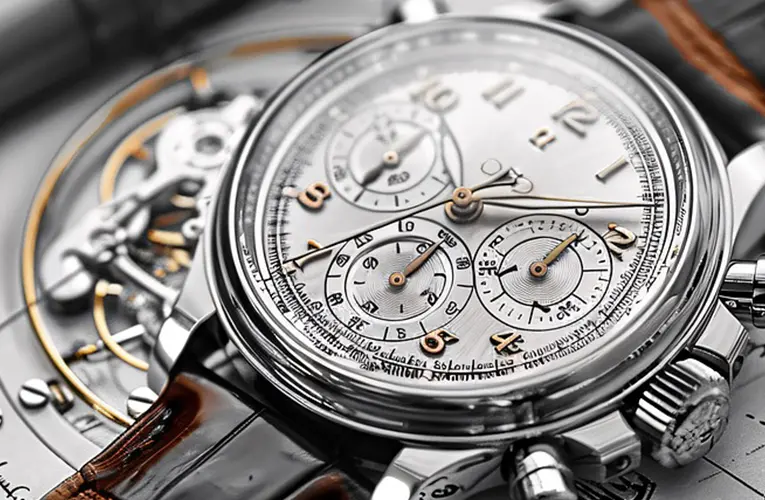“Driven to Succeed: The Connection Between Prestigious Universities and Luxury Car Ownership” You
*Introduction*
The allure of prestigious universities extends beyond academic excellence and career prospects—it often permeates into the lifestyles and consumer behaviors of their alumni. One conspicuous manifestation of this phenomenon is the ownership of luxury cars. From Ivy League institutions to renowned global universities, graduates often find themselves drawn to the prestige and status symbol associated with luxury automotive brands. This exploration delves into the complex interplay between prestigious universities and luxury car ownership, examining the social, psychological, and economic factors that drive this connection.
*Chapter 1: The Psychology of Prestige*
Prestigious universities are synonymous with excellence, exclusivity, and social status. For many individuals, attending a prestigious institution represents a significant achievement and a pathway to success. The psychological allure of prestige influences consumer behavior beyond education, often extending to conspicuous consumption and luxury goods. Owning a luxury car becomes not only a symbol of personal success but also a statement of affiliation with a select group of high achievers associated with elite universities.
*Chapter 2: Brand Associations and Social Signaling*
Luxury automotive brands meticulously cultivate their image and brand associations to appeal to affluent consumers, including university graduates. Brands such as BMW, Mercedes-Benz, and Tesla leverage attributes like craftsmanship, innovation, and performance to resonate with consumers who value status and aspiration. Alumni of prestigious universities, influenced by brand symbolism and social signaling, may gravitate towards luxury cars that align with their personal values and aspirations for success.
*Chapter 3: Alumni Networks and Peer Influence*
The social networks formed during university years play a pivotal role in shaping consumer preferences and behaviors. Alumni networks of prestigious universities often foster a culture of achievement and success, where individuals are influenced by the consumption patterns of their peers. Discussions on luxury cars, whether at alumni events or through social media platforms, can reinforce perceptions of status and desirability associated with owning prestigious automotive brands.
*Chapter 4: Economic Mobility and Affluence*
Attending a prestigious university is often correlated with higher earning potential and socioeconomic status. Graduates from these institutions may achieve financial success earlier in their careers, enabling them to afford luxury cars as a symbol of their accomplishments. Economic mobility and affluence intersect with aspirations for social recognition and lifestyle enhancement, driving demand for luxury automobiles among university alumni who value performance, comfort, and prestige.
*Chapter 5: Cultural Influences and Regional Variations*
Cultural factors and regional variations also shape the connection between prestigious universities and luxury car ownership. In some cultures, the pursuit of higher education is deeply intertwined with family expectations and societal norms regarding success and status. In regions where luxury consumption is highly visible and valued, graduates of prestigious universities may view owning a luxury car as a tangible expression of their educational achievements and social standing within their communities.
*Chapter 6: Sustainability and Ethical Considerations*
Amidst the allure of luxury cars and prestige, ethical considerations such as environmental impact and sustainability are increasingly influencing consumer choices. Luxury automotive brands are responding to these concerns by developing electric and hybrid vehicles that appeal to environmentally conscious consumers, including university graduates who prioritize sustainability alongside status. The intersection of luxury car ownership and ethical consumption reflects evolving societal values and preferences among affluent consumers.
*Conclusion*
In conclusion, the connection between prestigious universities and luxury car ownership underscores a complex interplay of psychological, social, economic, and cultural factors. For many graduates, owning a luxury car represents more than a mode of transportation—it symbolizes achievement, status, and affiliation with a community of high achievers. As perceptions of prestige and consumer behaviors continue to evolve, the allure of luxury automotive brands among university alumni remains a fascinating intersection of education, aspiration, and lifestyle expression in today’s globalized society.
—
This style aims to explore the multifaceted relationship between attending prestigious universities and the ownership of luxury cars, examining motivations, influences, and societal implications.









